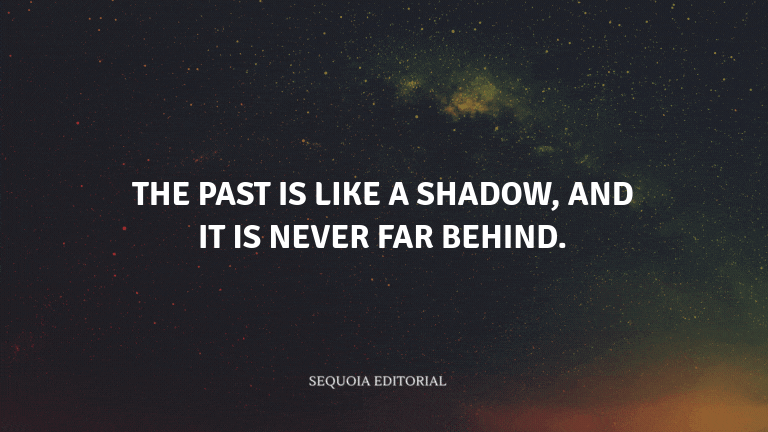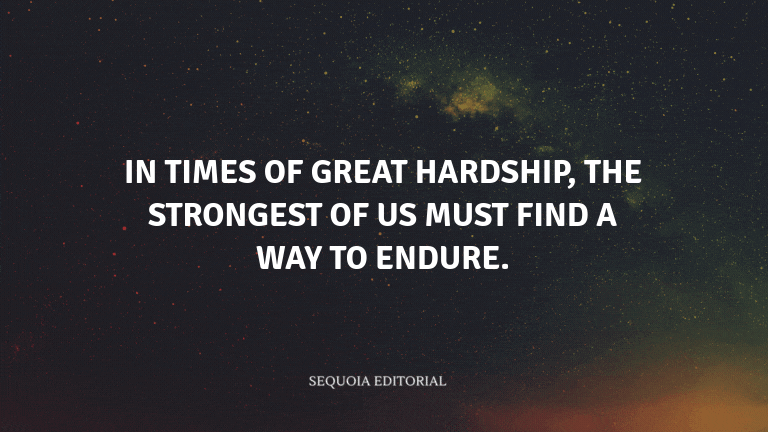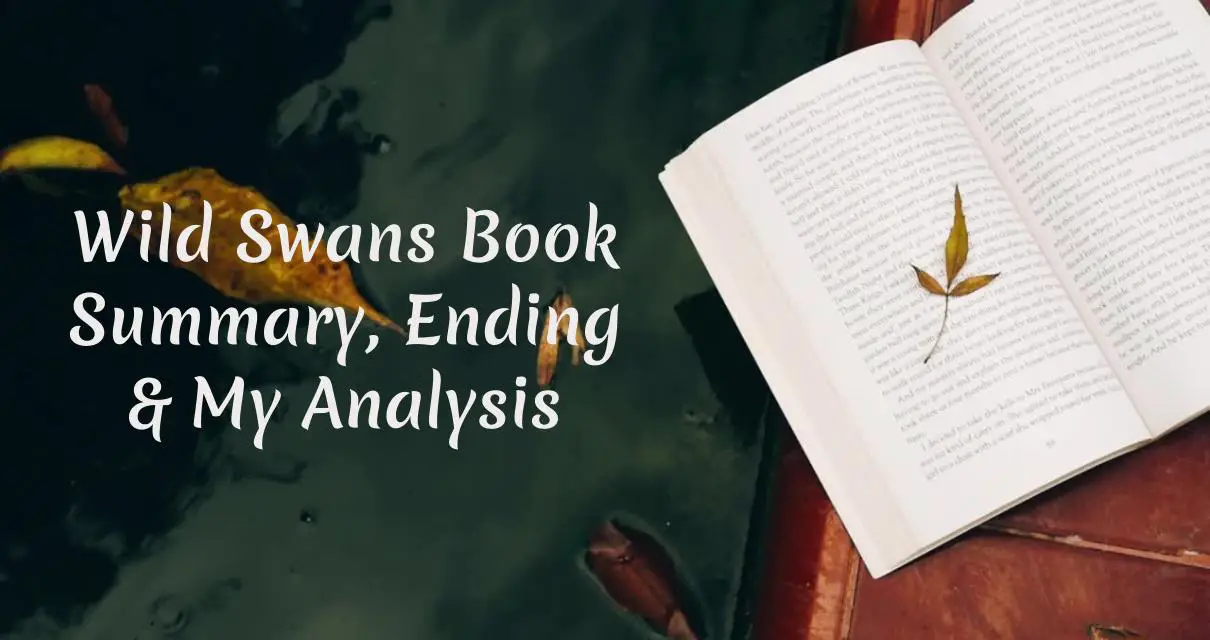Wild Swans is about three generations of women in China. It tells the story of the author's grandmother, mother, and herself, highlighting the impact of the country's history and politics on their lives. From the opulence of the warlord era to the harshness of the Cultural Revolution, it's a tale of endurance and the strength of the human spirit.
Table of Content
Wild Swans Book Summary
Yu-fang, a young concubine, grows up in a time of warlord conflict. Her life is defined by an arranged marriage to a warlord's general, which brings wealth but also deep personal sorrow.
As the political landscape shifts, her daughter, De-hong, becomes a fervent supporter of the Communist Party. She marries and later faces persecution during the Cultural Revolution.
Jung Chang, De-hong's daughter, grows up under the shadow of her mother's political career. She experiences the Cultural Revolution as a teenager and struggles with the limitations it imposes.
Throughout her life, Jung Chang becomes increasingly aware of the impact of politics on her family and the people of China. She eventually leaves the country and becomes an author, sharing her family's story with the world.
The story delves into the personal lives of these women, intertwining their experiences with the larger political narrative of China. It's a tale of suffering and resilience, of sacrifice and hope.
From the opulence of the warlord era to the harshness of the Cultural Revolution, Wild Swans paints a vivid picture of the sociopolitical changes that rocked China in the 20th century.
Yu-fang's struggles within a life of luxury and confinement reflect the early turmoil of a nation in transition.
De-hong's political awakening and its consequences mirror the hope and devastating reality of the Communist Revolution.
Jung Chang's coming-of-age during the Cultural Revolution reveals the personal cost of political idealism and the struggle for individual identity within a collectivist state.
The narrative's power lies in its ability to humanize historical events and their far-reaching effects through the intimate lens of one family's story.
Throughout the book, the women overcome countless obstacles, each displaying remarkable strength and tenacity.
Yu-fang, forced into a life she never chose, finds solace in her children and enduring love for her husband.
De-hong, a political activist, is subjected to repeated humiliations, yet her resolve never wavers as she remains committed to her ideals.
Jung Chang, whose life is shaped by her mother's political affiliations, eventually breaks free from China's constraints, leading a new life as an author in the West.
Wild Swans not only describes the suffering but also the hopes and dreams of the Chinese people during a time of great change.
The book's narrative is characterized by a profound sense of loss and resilience, reflecting the complex interplay of personal and political choices.
It is a story of the private and public, where individual destinies are inextricably linked to the fate of a nation.
Through the eyes of these three women, the reader gains a deep understanding of China's past and the impact it continues to have on its present and future.
Wild Swans Quotes
- Freedom is a luxury that few truly understand.

- The past is like a shadow, and it is never far behind.

- In times of great hardship, the strongest of us must find a way to endure.

Wild Swans Ending Explained
At the end of Wild Swans, the author, Jung Chang, reflects on her family's tumultuous history in China.
She chronicles the end of the Cultural Revolution and the subsequent changes that allowed her to leave China, find freedom, and write about her experiences.
With a mix of sadness and hope, she concludes her story, acknowledging the importance of her heritage and the significance of the journey that has led her to where she is now.
Characters in book Wild Swans
- Yu-fang: The author's grandmother, who grows up during a time of warlord conflict and faces the challenges of arranged marriage and family expectations.
- De-hong: The author's mother, who becomes a prominent Communist Party member and is later persecuted during the Cultural Revolution.
- Jung Chang: The author herself, whose life is shaped by her family's experiences and the political landscape of China. She ultimately becomes an author and speaks out about her past.
- Other Notable Characters:
- Xiao-xiao: Yu-fang's younger daughter, who faces her own struggles in a society that undervalues women.
- Shu-shu: Yu-fang's son who is deeply affected by the political turmoil in China.
- High-ranking Party Officials: Various Communist Party members who play significant roles in the story's political narrative.
- Peasants and Workers: The many ordinary people whose lives are greatly affected by China's political changes.
Key Lessons
- Resilience in Adversity: The ability to withstand and recover from difficult situations is a fundamental trait that can lead to personal growth.
- Importance of History: Understanding one's history is crucial to shaping one's identity and future decisions.
- Individual Choices Matter: Despite living in a society that often dictates one's path, individual choices can have a profound impact.
- Value of Freedom: The true value of freedom is often realized in its absence and is worth striving for.
- Empathy and Understanding: Empathy and understanding for others' experiences can lead to a more compassionate and connected world.
My Personal Opinion
Is Wild Swans worth Reading? Absolutely, I found it to be a deeply moving and eye-opening account of three generations of remarkable Chinese women. The adversity they faced and their strength in overcoming it is truly inspiring.
I was captivated by the vivid descriptions of Chinese culture and history, which were seamlessly woven into the personal narratives. However, at times, the political details can be overwhelming, taking away from the personal stories which I found to be the most compelling aspect of the book.
I would recommend Wild Swans to anyone interested in history, feminism, or simply a well-told family saga. It offers a unique perspective on China's past and present, and the universal themes of love, loss, and human endurance make it a powerful read for all.

